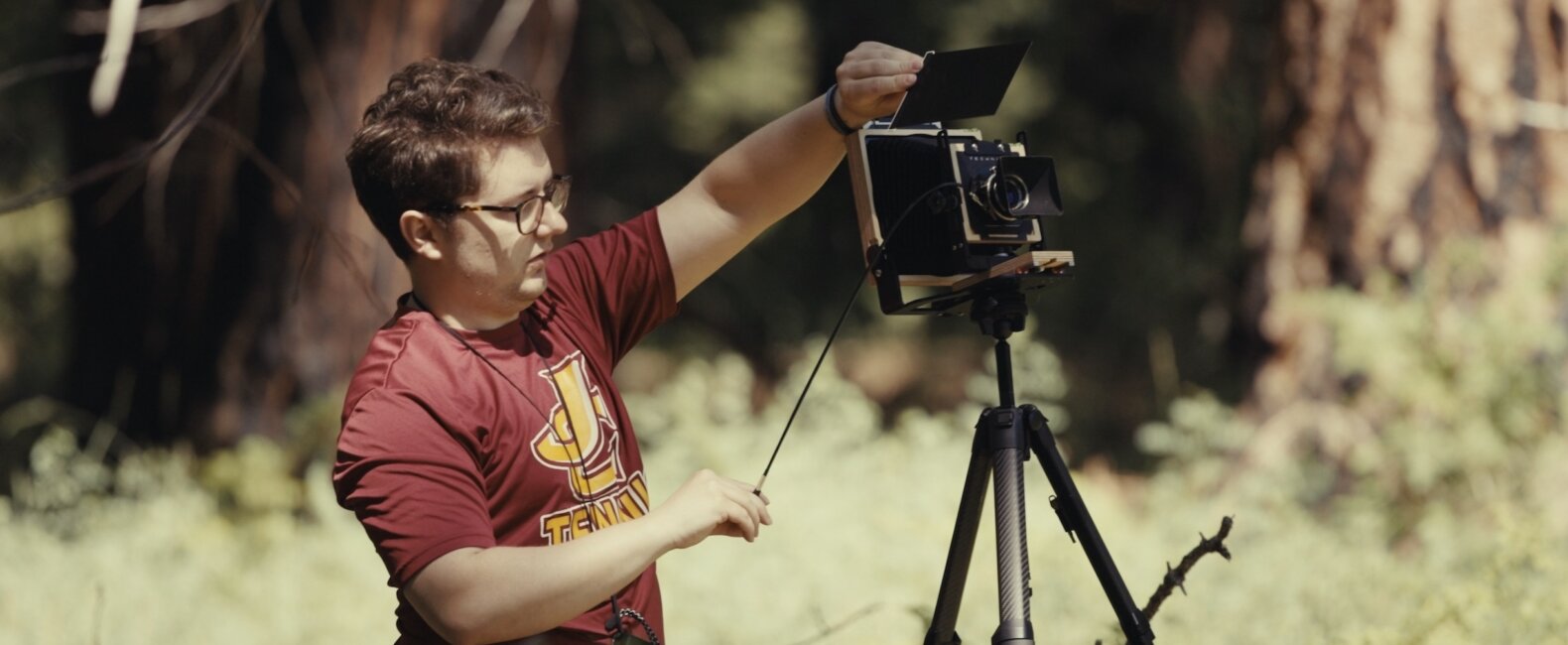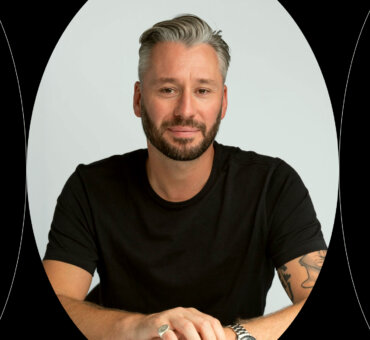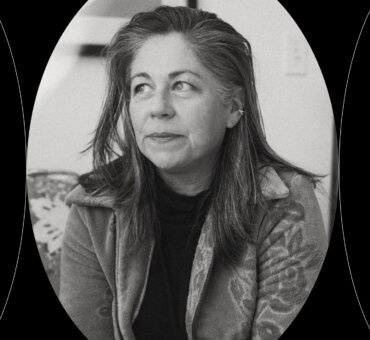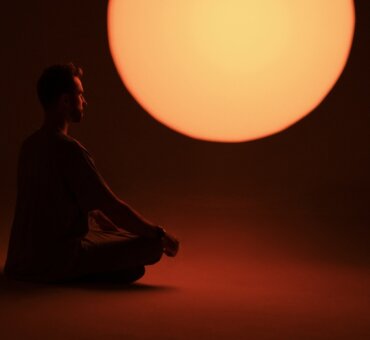Renowned for his unique visual style inspired by his small-town Americana roots, filmmaker and photographer Braxton Wallis’ work tells stories that capture the essence of home and unravel the intricacies within life’s simplicity.
Musicbed: What sparked your passion for filmmaking/storytelling?
Braxton Walis: I think what really started it all, in retrospect, was where I come from. Growing up in South Mississippi, the people, opportunities, geography, weather, etc., were all much different than how most people I know grew up. Not saying any of those things were bad, but as a young person, it was very easy to feel trapped in my hometown with no way out. All of those feelings were very difficult to grapple with growing up, but through storytelling, I found a way to not only grapple with my own feelings but also relate to others who felt the same way.
What keeps you motivated and creatively inspired?
I was blessed to have great examples of work ethic from my parents. They were both extremely hardworking people who did everything possible to provide for my siblings and me. Seeing their sacrifices day in and day out growing up has instilled in me a lifelong motivation to provide for my loved ones. Creatively, I try to take a good bit of time to myself. I delete all socials, refrain from looking at other people’s work, and just go out with my camera. I feel like people can get too wrapped up in what other people are doing instead of looking inward to make something special.
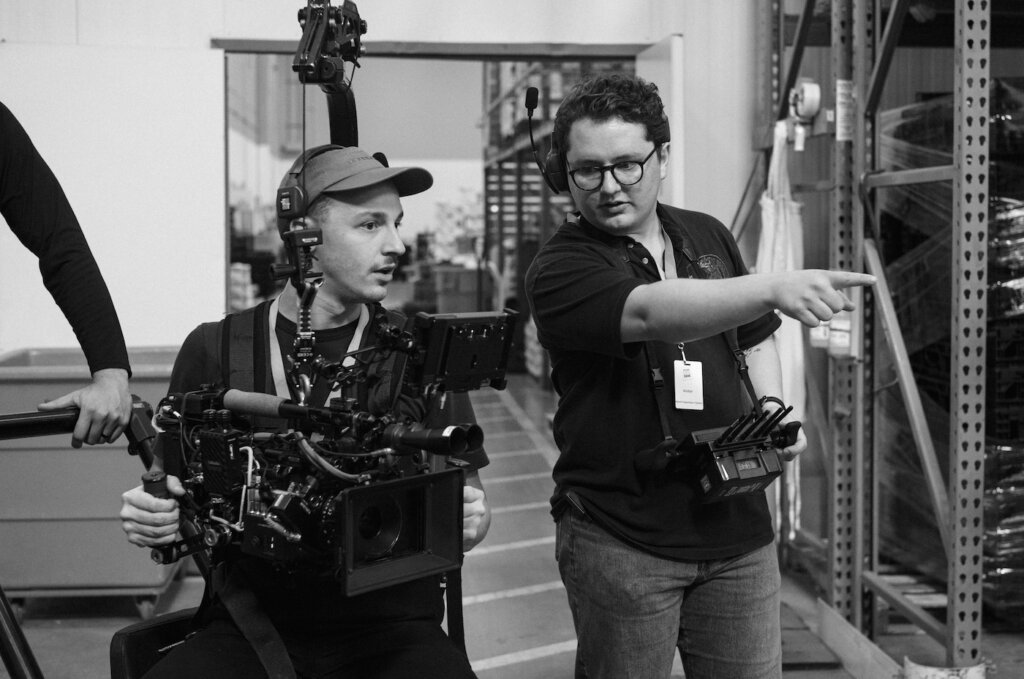
What makes a story visually appealing? What role does music play in storytelling?
For me, it’s all about the vision. Whether it’s a photo book, a feature film, or anything in between, you can always tell when the director had a true vision and went for it. It could even be a piece that may not necessarily be to my taste, but I can appreciate any visual language that shows it had true intention behind it. I think the same can go auditorily as well. Music is a huge part of telling a complete story, and ultimately, that’s what makes a good director. Being able to not only visualize but also hear what your final product will be is so important in the storytelling process.
What elements do you think are essential for crafting a compelling story?
Of course, all of the basic elements such as pacing, audio, visual language, etc., are all important. But I think the one that is most important is intention. If you have true intentions behind the story you’re trying to tell, it will resonate with people. Intentionality also bleeds back into those core elements, which makes them even more important to crafting a story.
How important is music in your work?
Music is so important for a variety of reasons for me. Of course, with filmmaking, music is important because it sets emotion and helps drive the narrative. Outside of filmmaking, music is also important because it’s honestly where I find a lot of my inspiration. As I was talking about earlier when I’m trying to find my creativity, I usually go out and take a drive and just kind of take time to myself. When I’m taking that time, I’m usually listening to whatever matches up to what I’m feeling at that moment. Usually, in those moments, that’s where creativity really hits for me.
What advice would you give other filmmakers/creators who are just starting their careers?
As boring as it sounds, do not neglect the business side of this industry. I spent too many years coveting the idea of being an artist. I didn’t understand that if I ever want to truly make my art without restrictions, then I’m going to have to respect both sides of this industry: the art side and the business side. People like to glorify “the starving artist” because they think it gives validation to their art, but the part that people don’t talk about is that all “The Starving Artists” that we tend to glorify weren’t able to make their art for a very long time or capped their potential to do something better because that life isn’t sustainable.
How do you find the balance between pushing boundaries creatively and delivering what your client wants or audience wants to see?
In my opinion, it’s less about finding balance and more about communication. I know I’ve been saying the word intentional a lot, but it’s even true here. I’ve had plenty of clients who you would think would want to play it super safe but went for something that pushed the boundary because of how I communicated with them. If you’re very intentional about your vision and how you communicate that vision, almost always will the client see that and trust you. The same goes for an audience. If you show the intentionality behind what you’re trying to make, people will see that and get on board with you.
What is the most challenging aspect of being a filmmaker/creative?
I don’t want to sound too dramatic, but it’s very easy in this industry to lose yourself. I was just talking to a friend the other day about how this industry can lead to a very quick path of narcissism. It’s always you and your work, your ideas, and your creativity. Lots and lots of you. But on the other side of the coin, it’s very easy to get wrapped up in making things just to please others and sacrificing the things you believe in just to make something happen. It’s so easy to just get lost on either side of this coin, so I’m always taking a step back, putting things into perspective, and surrounding myself with people who hold me accountable.
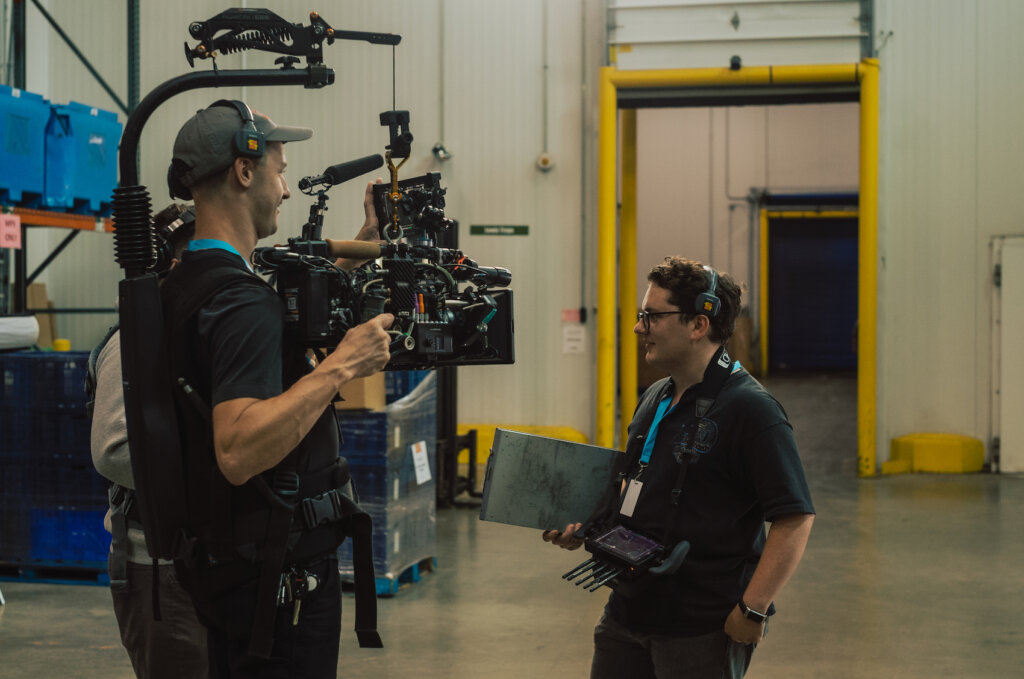
What are some of your favorite projects you’ve worked on?
I’ve been blessed to work with some of the most incredible people, brands, and companies; most of which I would have never dreamed of being able to work with. But honestly, looking at my career thus far, I can honestly say my favorite projects that I’ve worked on are the shoestring budget shoots that I put together by myself back home when I was a young teenager just trying to be creative. The friendships, the memories, and all the lessons learned are things I wouldn’t trade for the world.
How do you search for music on Musicbed? What are some tips that you’d give other filmmakers to search on Musicbed?
I’m huge on the favorites tab. When I’m searching through music on Musicbed, even if it’s not necessarily the song that I’m looking for in my current project, if I like it and feel like I could use it in the future, I immediately add it to my favorites section. I have so many songs just sitting in my favorites section waiting to be used. I’m also really big on using the attribute section and once I dial in what I’m looking for, I then scroll until I see a waveform that resembles what I have in my head. For example, if I’m looking for something with a hard-hitting intro, then I’m going to look for that waveform spike at the beginning. Then from there, it’s always easy to find what I’m looking for.
Why do you utilize Musicbed in your work?
What originally drew me to Musicbed is their collection of music. And this isn’t me just reading off an ad script; they legitimately have access to the best music compared to other companies. But honestly, now I stay not only for the good music but also for the good company. They’ve supported not only my work for many years but other fantastic creatives, including good friends of mine. They do so much for the creative space, and I’m more than happy to back a business that gives so much back to us creatives.
—
Explore a curated playlist of Braxton’s favorite songs to use in his films—all available to license only on Musicbed.















































































